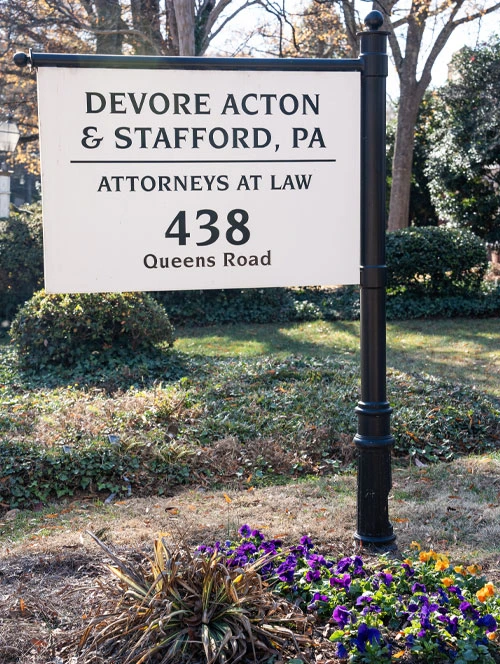Part I: What’s a mechanic’s lien?

Although the term mechanic’s lien sounds as if it refers to a slender person who repairs cars, it has nothing to do with carburetors and everything to do with a legal claim against a property.
A mechanic’s lien is typically filed by a contractor who has done work on a home or other property but hasn’t been paid.
Example of a mechanic’s lien
Let’s say your Charlotte neighbor has decided to move to another part of North Carolina. She believes she can sell her home for substantially more if she fixes it up, so she hires a contractor to renovate her kitchen. The contractor replaces the countertop, cabinets and flooring, but at the end of the project, she refuses to pay the $20,000 balance of the agreed-upon renovation cost.
The contractor then files a mechanic’s lien against her home. It’s now virtually impossible for her to sell because the $20,000 debt is attached to the title, meaning that a buyer would have to take on that debt.
Who can file a mechanic’s lien?
North Carolina law states that “any person who performs or furnishes labor or professional design or surveying services or furnishes materials or furnishes rental equipment pursuant to a contract . . . with the owner of real property for the making of an improvement thereon” can file a claim of a lien on a property.
That means that a general contractor can file for a mechanic’s lien, and so can a number of others involved in construction work: subcontractors, architects, engineers, land surveyors, trade contractors, landscape architects and others who supply labor, services, materials or equipment.
More is coming
We will have more on mechanic’s liens in an upcoming post to our Charlotte civil litigation law blog, including the nuts and bolts of a mechanic’s lien and how these often complex disputes can be resolved.

request your consultation
"*" indicates required fields



